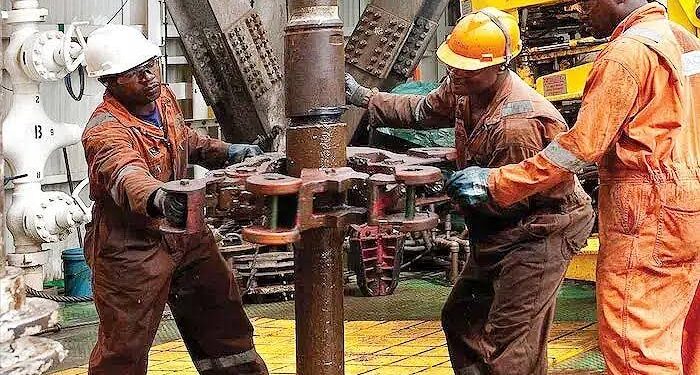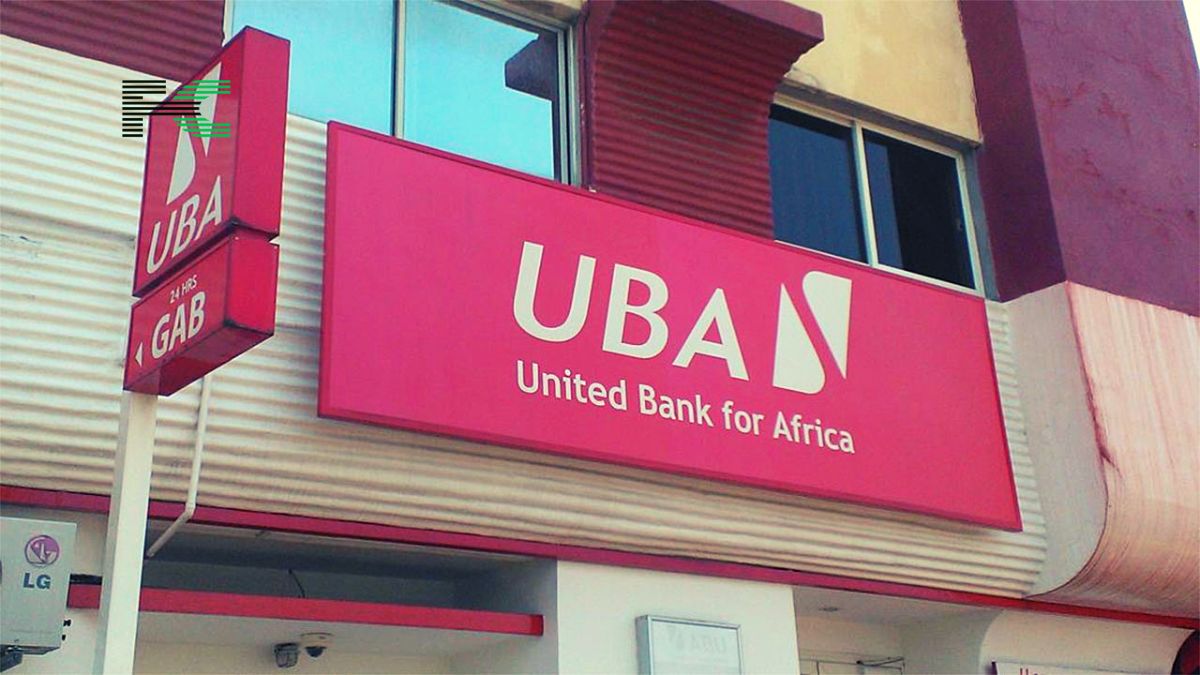Mele Kyari, the Group Chief Executive Officer (CEO) of Nigerian National Petroleum Company (NNPC) Limited, announced that Nigeria’s oil production volume is approaching 1.7 million barrels per day (bpd). Kyari made this statement during a stakeholders’ engagement between the Nigerian Association of Petroleum Explorationists (NAPE) and the NNPC in Lagos.
Current Production Levels
On May 14, the Organisation of Petroleum Exporting Countries (OPEC) reported that Nigeria’s average daily crude oil production rose to 1.28 million bpd in April. Kyari highlighted that Nigeria has the potential to produce two million barrels per day but faces challenges such as oil theft and pipeline vandalism in the Niger Delta region.

Challenges and Progress
Kyari acknowledged the efforts made to combat these issues, stating, “The good news is, there is substantial work being done by the government… It’s already subsiding. We are already seeing the results.” He indicated that current data shows production inching towards 1.7 mbpd but noted that more needs to be done to achieve sustainable production levels.
Historical Context
Kyari referenced the COVID-19 lockdown period, during which oil production temporarily increased to 2.2 mbpd due to a significant reduction in oil theft and pipeline vandalism. “Our production, without doing anything, without drilling new wells, shot up to 2.2 mbpd,” he said, attributing the increase to the lockdown’s impact on illegal operations.
Security and Infrastructure
Emphasizing the need to address insecurity in the oil and gas sector, Kyari stated, “Remove the security challenge we have in our onshore assets… No one is going to put money into oil production when he knows the production will not get to the market.” He revealed that in the last two years, over 5,800 illegal connections have been removed from pipelines, and more than 600 illegal refineries have been dismantled.
Cost Implications
Due to pipeline vandalism, many have resorted to costly alternatives such as barging and trucking to transport oil. “Barging is not normal. Barging is not economical, even trucking… But that’s what we are doing today,” Kyari noted, highlighting the inefficiencies and added costs resulting from the current security challenges.
Why It Matters
The ongoing struggle with oil theft and pipeline vandalism has significant implications for Nigeria’s economy and its oil production capabilities. Addressing these security challenges is crucial for attracting investment and ensuring that the infrastructure can support increased oil output. The ability to consistently deliver oil to the market without loss or damage is essential for economic stability and growth.
Bottom Line
Nigeria’s approach to increasing oil production hinges on overcoming security challenges and infrastructure issues. While progress is being made, sustained efforts are needed to secure the necessary infrastructure and create an environment conducive to investment. Only then can Nigeria fully realize its potential in the global oil market.

















